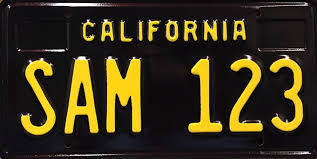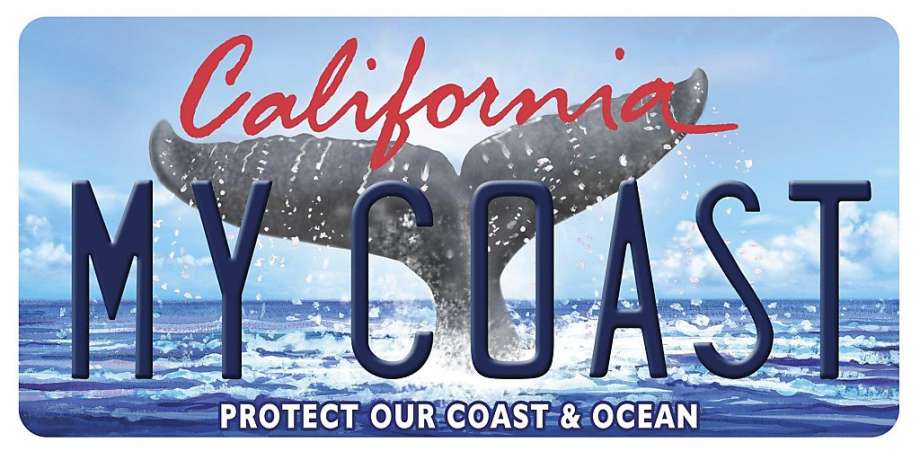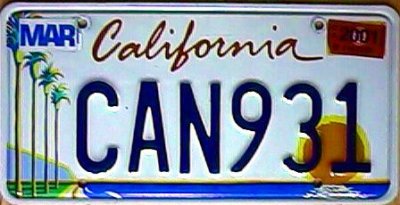 Beginning this month, businesses around the country are required to answer requests from Californians about personal data companies collect about them. A big change in data privacy protection is ramping up in California, and many businesses will soon feel its effects. Beginning this month, large businesses around the country that operate in California must disclose to their Golden State customers who ask for it any data the companies collect about them. Those customers can then request that the information be deleted or demand that it not be sold. Companies that fail to comply could face significant fees and penalties. The law, called the “California Consumer Privacy Act,” is the first sweeping data privacy measure in the country. It is intended to give consumers more control over their personal data at a time when breaches are rampant and personal information is mined, sold and used in ways consumers have little say over. The logistical challenges, independent of the legal challenges, are a significant undertaking for businesses who have to comply with the act. The law applies to for-profit companies that operate in California and meet one of three criteria: They have a gross annual revenue of at least $25 million; they buy, sell or share personal information for at least 50,000 California consumers; or they make at least half of their annual revenue by selling consumer data.  The companies that the law covers are mostly large private and public companies with significant reach. A report by California’s attorney general estimated that compliance will cost businesses roughly $55 billion initially, and the U.S. Department of Justice expects between 15,000 and 400,000 businesses to be affected nationwide. Fines for failing to comply range from $2,500 to $7,500 per violation. California’s law provides a broad umbrella for what constitutes personal information, going beyond the typical name and driver’s license number to include information such as internet browser history, geolocation data and audio. “All those kinds of information can be associated with a person and contain intensely private information,” said Jacob Snow, an attorney for the American Civil Liberties Union of Northern California who focuses on technology. One of the most significant aspects of the California law is a clause that gives the state’s consumers the right to sue over a data breach that meets certain criteria. If they are successful, companies who expose consumer data could be forced to pay between $100 and $750 per Californian affected by a breach and any other fees the court deems appropriate. California’s approach is starkly different from Florida’s. Like most states, Florida has few laws regulating data privacy. None allow consumers to fully understand where their data lives and to take it back as California’s does, though the Sunshine State does have a law requiring businesses to notify consumers after a data breach of a certain size. “Outside of that, there isn’t anything that really requires (companies) to take reasonable measures to protect personally identifiable information,” said Sri Sridharan, director of Cyber Florida, the cybersecurity center housed at the University of South Florida. A bill proposed recently by Sen. Doug Broxson, R-Gulf Breeze, would get Florida slightly closer to California’s law by requiring websites to tell Florida consumers what personal information it collects and let them opt out of the sale of their data. The regulation is widely considered to be the first in what will likely be a tide of similar state laws and potential federal legislation. That means companies will need to figure out how to comply with multiple laws and still do business effectively. You could end up with a federal floor and then still have different states that set different levels of privacy protections for consumers, even if those privacy levels conflict Some companies are expected to take a segmented approach for now, where they would have one division for California and one for the rest of the country, as many do to comply with Europe’s significantly more stringent data privacy laws. Others, such as Microsoft, are complying with California’s law and offering the same protections to customers around the country.
0 Comments
 "Come on you Whites" "Come on you Whites" A U.S. judge ruled a soccer fan can sue the California Department of Motor Vehicles and claim it violated his freedom of speech by rejecting his request for a personalized license plate. Jonathan Kotler, a devoted fan of Britain’s Fulham Football Club, sued the DMV after it refused to issue him a license plate lettered “COYW,” short for “Come On You Whites” and the fans’ regular chant for their white-jerseyed players. The DMV told Kotler the lettering has “connotations offensive to good taste and decency.” U.S. District Judge George Wu in Los Angeles refused to dismiss the lawsuit by Kotler, a University of Southern California journalism law professor. California sought the dismissal, saying all vehicle license plates constitute speech by the government. Wu disagreed. With thousands of differently lettered plates issued each year, “it strains believability to argue that viewers perceive the government as speaking through personalized vanity plates,” the judge said about the DMV’s contention. DMV regulations define “offensive” plates as including those with any sexual connotation, as well as any term that is vulgar, racist, profane, insulting or degrading. Wu noted in his ruling that British media refer to the Fulham club as “the Whites” while Chelsea, another London soccer club, is known as “the Blues,” for the color of its jerseys. New Zealand’s national rugby team is the “All Blacks.” In court filings, state lawyers argued that the public knows the DMV approves messages on license plates and would assume that those messages came from the state. The DMV declined to comment on Wu’s ruling.  California Legacy License Plate California Legacy License Plate With the Legacy plate now passing over $27 million with 669,083 plates in circulation as of December 1, 2018, compared to $23,853,384 (450,955) in 2017, other California special interest plates have shown a significant decline. The Coastal Commission’s 'Whale Tail’ plate dropped from $6,054,721 (82,805 plates) in 2017 to $5,286,907 (79,934 plates) in 2018; the ‘Kids’ plate has dropped from $4,524,346 (109,967 plates) to $3,960,927 (107,721 plates); and the ‘Arts’ plate has dropped from $3,773,030 (52,840) to $3,297,539 (50,485). The only plates seeing an increase in sales from 2017 to 2018 are the newly introduced Breast Cancer Awareness ‘Pink’ plate, the Museum ‘Snoopy’ plate. The reason for this could well be the influence of the cost of personalizing the specific plate. While every specialty plate requires an additional $50.00 fee to personalize the plate (known as the ‘Environmental License Plate Fund’ fee, which goes to the environmental fund, which is the same as where all of the funds from the Legacy plates go), the Legacy plate does not require the additional fee. So instead of it costing $103.00 for a personalized plate, the Legacy plate only costs $50.00 whether personalized or not. It also provides a ‘blank’ black canvas for the yellow lettering for personalizations up to 7 characters. As much as the environmental fund is a great cause, so are the other causes supported by the other specialty license plates and all the while they are being charged extra, there will probably be a continued decline in their sales. Maybe it’s time to level the playing field and remove the ELP Fund fee for personalizing other specialty plates, since the ELP Fund is certainly doing very well with $27 million and counting in annual fees now going into that fund through the Legacy plate? |
BLOGArchives
January 2025
Categories
All
|


